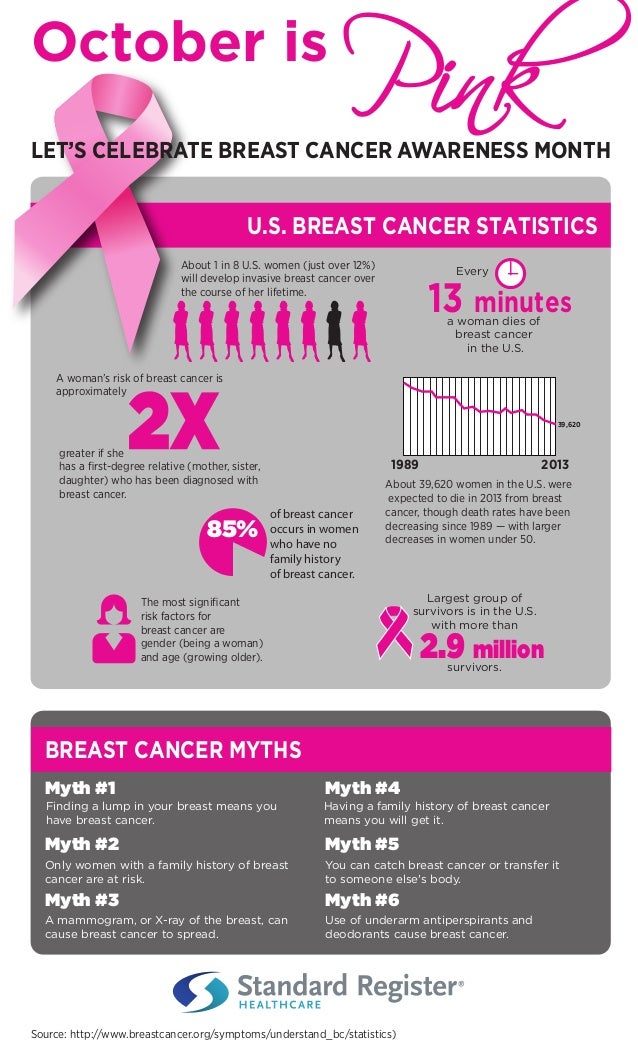An Extensive Guide To The Influence Of Breast Cancer Surgery On General Therapy Frameworks

Web Content Create By-Mendoza Fagan
When facing a bust cancer cells diagnosis, the choices made pertaining to surgical procedure can substantially influence the path of your therapy journey. From lumpectomies to mastectomies, each alternative establishes the stage for the succeeding treatments you might undergo. The elaborate relationship between medical options and treatment strategies looks into a realm where accuracy and foresight are key. Recognizing this interplay is not simply useful but can be encouraging as you navigate the intricacies of your cancer cells care.
Types of breast Cancer Cells Surgeries
When facing breast cancer, comprehending the various types of surgical procedures offered is vital for identifying the most appropriate treatment plan. The key types of surgeries for breast cancer consist of lumpectomy, mastectomy, and lymph node breakdown.
A lumpectomy, additionally referred to as breast-conserving surgical treatment, entails removing the tumor and a percentage of bordering cells. This choice is often considered for early-stage cancers where the objective is to protect as much of the breast as feasible.
On the other hand, a mastectomy involves eliminating the entire breast and is commonly recommended for larger lumps or instances where the cancer cells has actually spread out throughout the breast.
Lymph node breakdown is a procedure that includes removing lymph nodes to look for cancer cells spread. Understanding the differences in between these surgical treatments and discussing them with your medical care group will aid you make informed choices about your treatment plan. Each type of surgical procedure comes with its own factors to consider and prospective effect on follow-up treatments, so it's important to consider the advantages and disadvantages meticulously.
Impact on Therapy Sequencing
Recognizing the impact of breast cancer surgery on therapy sequencing is crucial for establishing an extensive and efficient strategy. Adhering to surgical procedure, the timing and order of subsequent therapies play a critical function in optimizing outcomes. The type of surgical procedure you undergo, whether it's a lumpectomy or mastectomy, can affect the series of treatments that comply with.
Generally, surgical procedures like lumpectomies may be adhered to by radiation treatment, while mastectomies might cause discussions about the requirement for added treatments like chemotherapy or hormonal agent therapy.
Furthermore, https://www.nature.com/articles/s41598-023-29967-1 of the surgical treatment and whether lymph nodes are impacted can additionally impact the sequencing of therapies. For example, if lymph nodes are involved, your healthcare group might recommend radiation treatment before surgery to shrink the tumor and reduce the risk of cancer dispersing.
On the other hand, if lymph nodes aren't influenced, adjuvant therapies might be advised post-surgery to target any staying cancer cells.
Factors To Consider for Post-Surgery Therapies
Considering the impact of breast cancer surgical treatment on your therapy plan, post-surgery treatments play a crucial duty in targeting any type of continuing to be cancer cells and minimizing the risk of reappearance. These therapies, which usually include radiation treatment, radiation, hormone therapy, or targeted treatment, aim to ruin any kind of lingering cancer cells that might not have actually been removed throughout surgery.
Chemotherapy, for instance, utilizes drugs to eliminate cancer cells throughout the body, while radiation therapy specifically targets the location where the tumor was gotten rid of. Hormonal agent therapy is typically made use of for hormonal agent receptor-positive cancers to obstruct hormonal agents that sustain cancer growth. Targeted treatment, on the other hand, focuses on details particles involved in cancer cells development.
Your healthcare team will develop a tailored post-surgery therapy strategy based on numerous aspects such as the stage and features of your cancer cells. Adhering to this strategy is important to boosting your possibilities of lasting survival and decreasing the chance of cancer recurrence. It is very important to connect openly with your doctor regarding any kind of concerns or negative effects you may experience during these post-surgery treatments.
Verdict
To conclude, recognizing how breast cancer cells surgical procedure impacts therapy strategies is crucial for customizing customized care and enhancing results. just click the up coming page of surgery, degree of lymph node participation, and overall therapy sequencing all play a significant role in figuring out the succeeding therapies needed to lower the risk of cancer reoccurrence. By considering these variables, doctor can establish thorough therapy strategies that deal with the particular requirements of each patient, resulting in much better total results.

